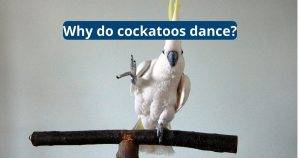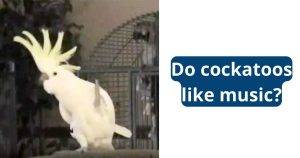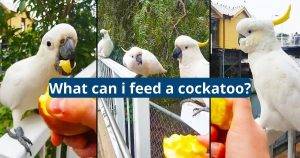How Smart Are African Greys?
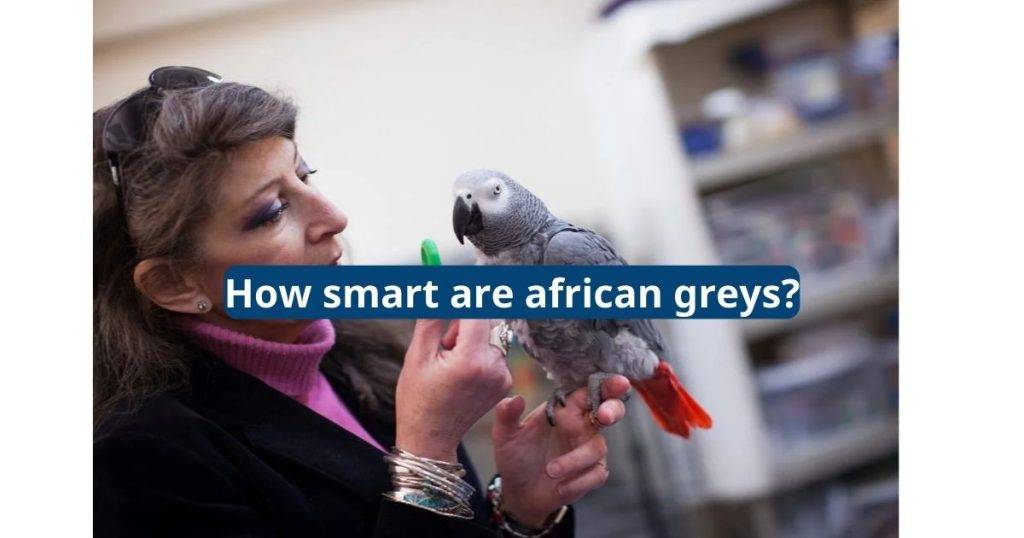
African grey parrots have impressive cognitive abilities and a master’s level of skill in mimicry. They have the ability to form trust-based and reciprocal relationships with their owners. Research shows that African greys have a level of intelligence that is on par with that of a six year old child. They can outperform dogs and cats on popular pet intelligence tests!
They Can Mimic Human Speech
The African grey parrot is the world’s best talker, able to mimic human speech and learn hundreds of words. They can identify objects by name, count and even tell jokes.
Their vocalizations are also indicative of their mood. A whistle in a high pitch can signify excitement, while a low whistle indicates contentment. The African grey can also communicate with its owner by body language, as well. For example, if it looks at its owner with an anxious expression, it is asking for attention or food.
Keeping this intelligent bird occupied requires plenty of mental stimulation. If it does not have enough to do, it will become bored and may develop undesirable behaviors that require professional intervention. This is why it is important to play games with your African grey and interact often with it, as this will help keep its mind active. They have been shown to outperform young children in some tests of intelligence, including one that measures understanding of volume.
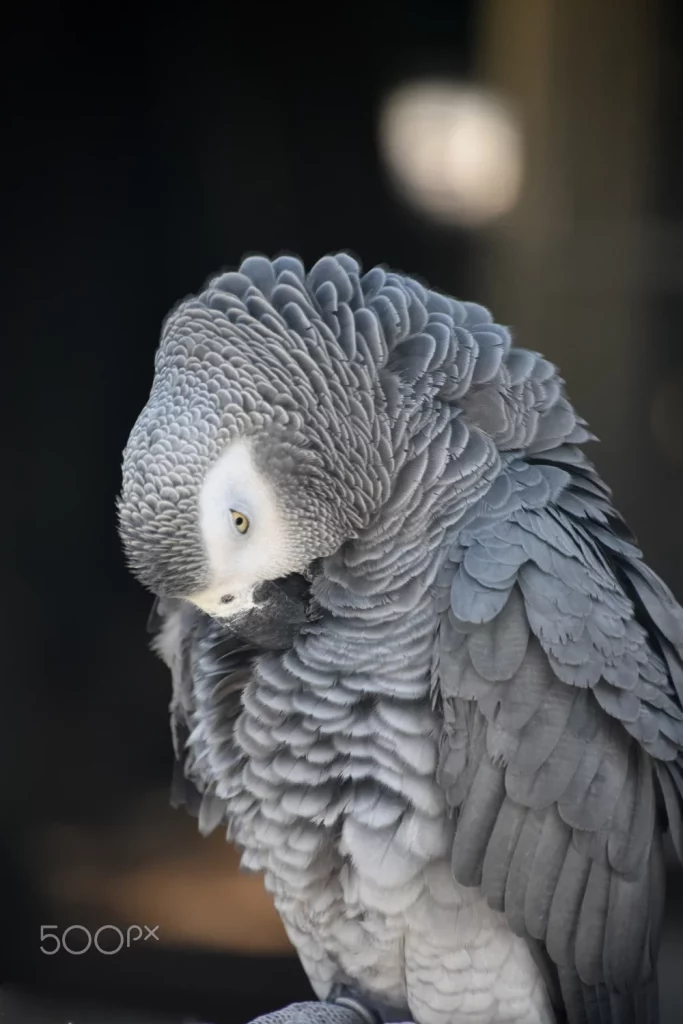
They Can Identify Objects
When Irene Pepperberg began studying parrots, she was not an advocate of bird cognition. But with the help of her African Grey, Alex, she was able to show that birds were smart and could understand nuances in conversations between their owners.
Among the most popular pet birds, African Greys have been shown to be highly intelligent. They can recognize and imitate human speech, and have been known to perform at a level equal to that of a five-year-old child when given certain tasks.
They can also identify, request, refuse, categorize and quantify 80 different objects. They can even answer questions about their color or shape. And they are the first animals to pass a test that requires them to recognize when another animal needs help and then give it.
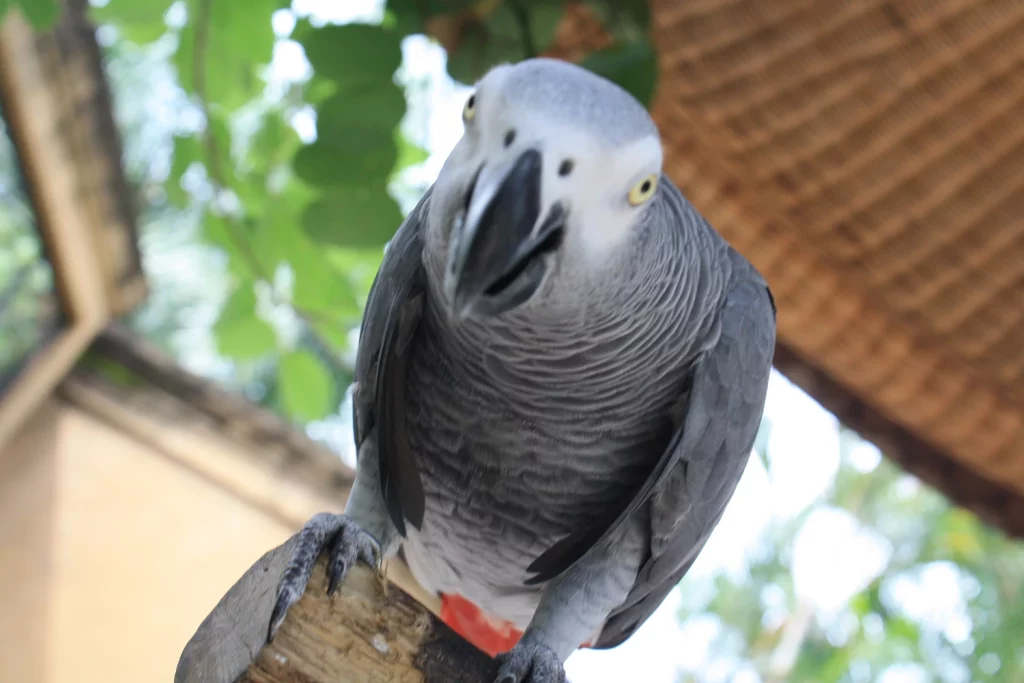
They Can Count
One of the best ways to help your grey is to talk to them on a regular basis. This helps them bond with their human family and is the best way to encourage them to mimic. Talking to your grey often will also help them adjust to new environments as well as familiar ones.
African greys are able to recognize numbers and shapes, and can answer questions about them. They can also distinguish between colors, and some, like the parrot called N’kisi, can identify up to 80 different objects, as well as request and refuse them.
Many of you may have heard anecdotes about how smart African greys are from their owners or friends who own them, or even seen videos on YouTube. However, anecdotes don’t always hold up in scientific studies. That’s why it’s important to do your research on how intelligent african greys really are. It’s also important to make sure that you have the proper training methods in place for your bird to be a happy and healthy companion.
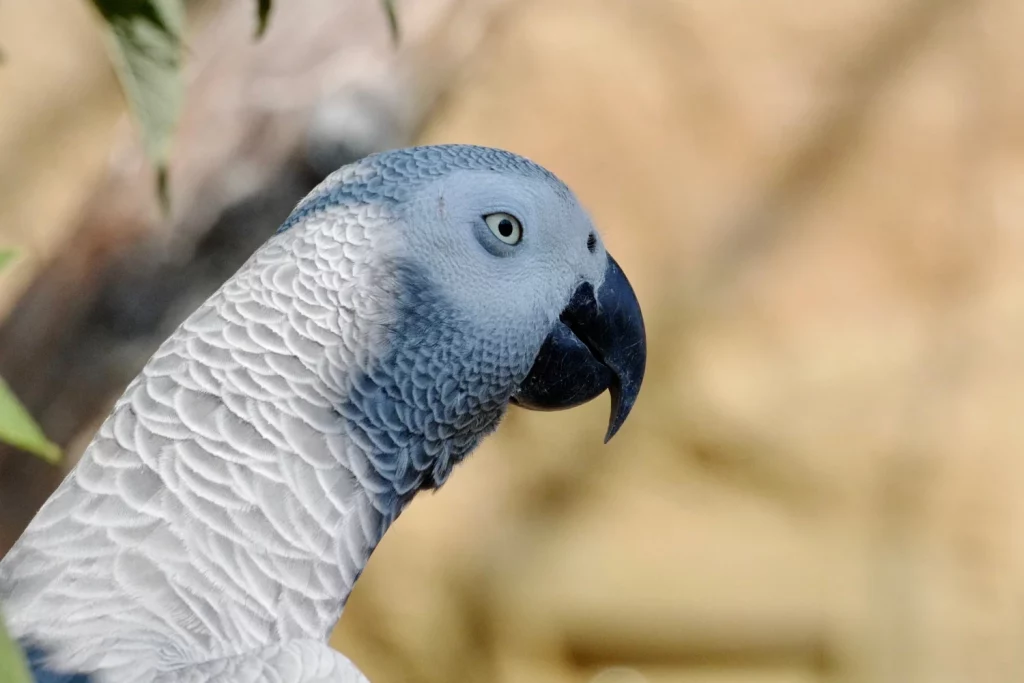
They Can Learn New Things
Despite having walnut-sized brains, parrots are capable of learning and understanding language. They can also remember things for years, beating out dogs and cats in some intelligence tests.
Many pet owners have posted videos of their African greys speaking or performing tricks, which provide anecdotal evidence of the birds’ smarts. However, it’s important to remember that most of these birds have had much more training than the average African grey owner.
Irene Pepperberg’s research with her African grey, Alex, completely revolutionized the way people think about birds’ intelligence. Prior to her experiments, scientists believed that bird brains were too small for them to learn language and solve complex problems.
Since then, African greys have been shown to have an innate level of intelligence that surpasses some primates. Their ability to imitate speech, identify objects, and categorize and quantify them allows them to form trust-based, reciprocal relationships with humans. They can even outperform young children on some intelligence tests.



